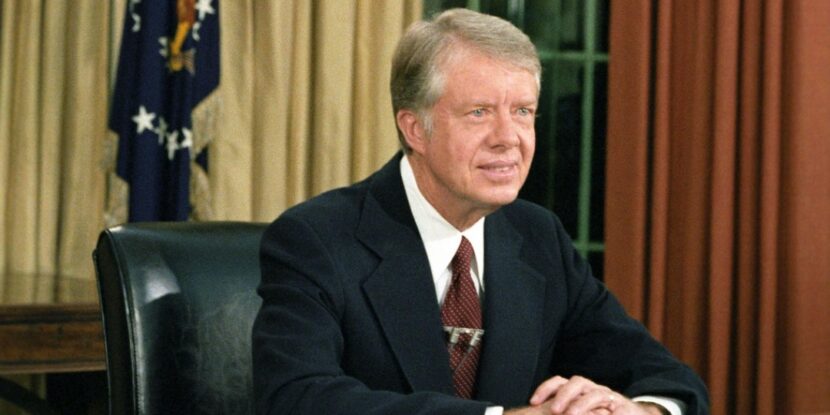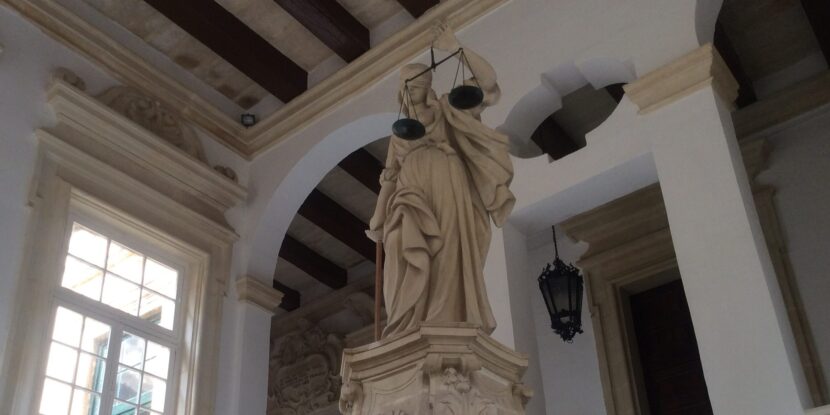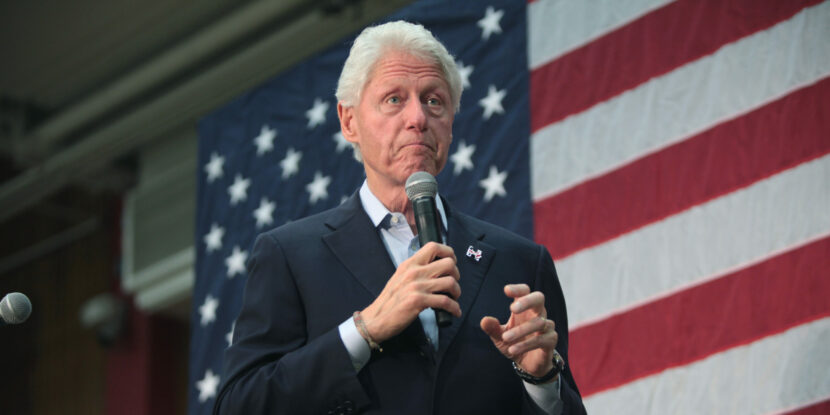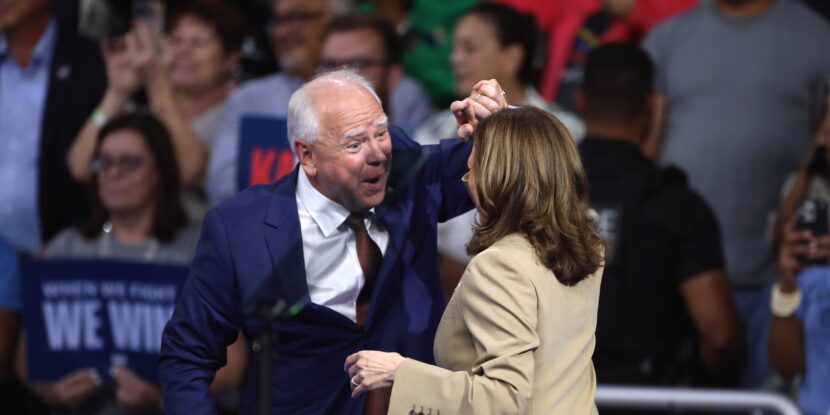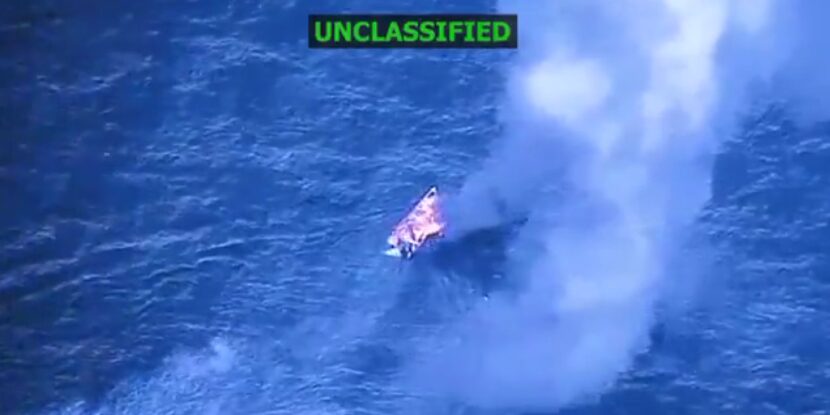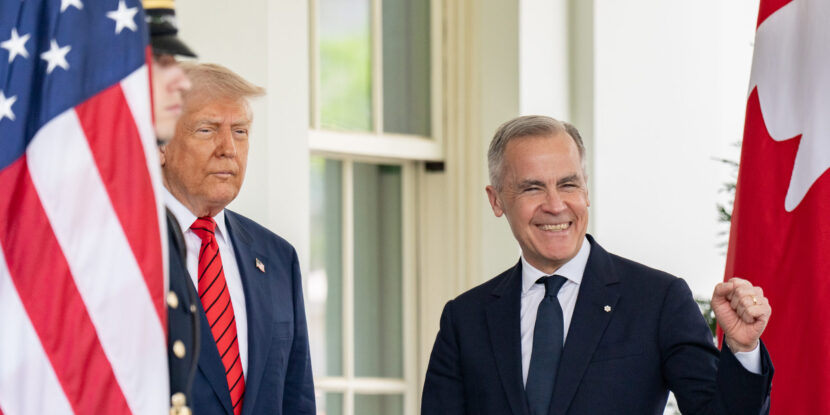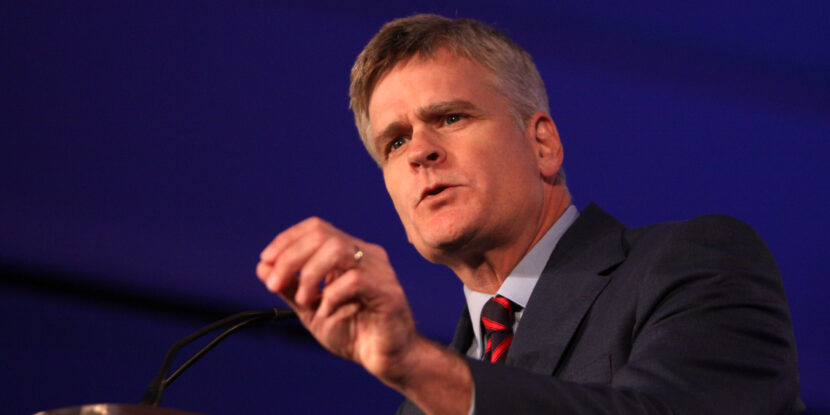James Earl Carter, Jr., the 39th President of the United States, has died at the age of 100. Carter, a Georgia Democrat, rose to political prominence in the wake of Watergate and the resignation of the late former President Richard Nixon. From 1971 to 1975, Carter served as the Governor of Georgia before riding a wave of government skepticism, populism, and anti-war fervor into office, defeating Nixon’s vice president, Gerald Ford, in the 1976 presidential election.
As a primary candidate for governor in 1970, Carter ran as a conservative-leaning populist Democrat, positioning himself well against Georgia’s incumbent liberal Democrat governor, Carl Sanders. Carter hammered Sanders for his lavish lifestyle, personal wealth, and deep ties to the national Democratic Party. With 49 percent of the vote, Carter came out ahead of Sanders, who mustered only 38 percent support. This led to a runoff where Carter criticized Sanders’s friendly relationship with Martin Luther King, Jr. The future U.S. President defeated Sanders with 60 percent of the Democrat primary runoff vote.
HOTROD SAILOR.
President Jimmy Carter was born in Plains, Georgia, on October 1, 1924. Interestingly, Carter was the first American President born in an actual hospital.
As a young man, Carter was mostly known for his high school truancy — which usually saw him cruising in hotrods with friends. The future Democrat President said his lack of class attendance caused him to be passed over as his class valedictorian.
After high school, Carter pursued coursework at several local colleges before being admitted to the U.S. Naval Academy. At the Academy, he met his future wife, Rosalynn Carter. He’d go on to serve a distinguished if unremarkable career in the Navy from 1946 to 1953, then in the Navy Reserves until 1961.
Rosalynn Carter passed in November last year at the age of 96.
THE PEANUT FARMER.
Following his father’s death, Carter and his wife Rosalynn briefly lived in public housing in Plains, Georgia. Debt settlements and the division of his father’s estate left Carter with almost no inheritance. During this time, he worked to expand his family’s peanut farm. His early coursework left Carter with a cursory knowledge of biology and technology, enough that he could innovate the family agribusiness.
Despite early struggles, including a failed crop in his first year of farming, Carter built a thriving agricultural operation. The Peanut Farmer narrative would serve as a critical aspect of his future political campaigns for the State Senate, Governor, and eventually U.S. President.
CARTER’S WHITE HOUSE.
Carter narrowly defeated Republican President Gerald Ford in the 1976 presidential election, capturing just 50.1 percent of the popular vote to Ford’s 48 percent — and received 297 electoral votes. Despite his populist streak as governor, the Carter White House was mired in a domestic energy crisis, environmental regulatory overreach, the deregulation of the airline industry, a breakdown of relations with Congress, and a series of foreign policy debacles that would combine to undo a thus far political positive legacy. In fact, the crises Carter faced are very much akin to those Joe Biden faces today — albeit Biden’s are self-inflicted, whereas Carter’s energy crisis was predominantly driven by the actions of the Organization of the Petroleum Exporting Countries (OPEC).
He declared the energy crisis the “moral equivalent of war” and encouraged Americans to ration power use. As part of this effort, Carter installed solar heating panels on the White House. Throughout the late-1970s, Americans frequently faced long lines at gas stations; in some instances, it was dry when they got to the pump.
FOREIGN POLICY DISASTERS.
Abroad, things did not go much better for Carter. Carter struggled to broker peace between Israel and the Arab States. Negotiations between Israel and Egypt over the former’s occupation of the West Bank collapsed — though Carter was able to secure Egypt’s recognition of the Jewish state with the Camp David Accords. The agreement, however, became a point of contention in Egypt, spurring a long period of unrest.
As with the Middle East, Carter’s Africa policies bore little fruit. A Congress attempted to hamstring Carter’s attempt to settle the Zimbabwe-Rhodesia question with arguably pro-Soviet terms — unfortunately, Congress’s actions still weren’t enough. Carter’s government was able to negotiate a scaled-back settlement, which saw majoritarian elections in Rhodesia and the ouster of Ian Smith’s Western-friendly government. This would eventually pave the way for the takeover of the country by communist radical Robert Mugabe.
THE SHAH.
The most contentious moment for the Carter White House came with the overthrow of the Shah of Iran and the taking of American hostages by Iranian Islamic revolutionaries, ultimately led by Ayatollah Ruhollah Musavi Khomeini. Early in Carter’s presidency, he praised the Iranian monarch, Mohammad Reza Shah Pahlavi, as an “island of stability” in the Middle East region. For decades, the Shah’s government had been a critical ally of the United States.
However, in 1979, while the Shah was in the United States for cancer treatment, Iranian communists, anarchists, and Islamists rose up and overthrew his government. In November of that year, a group of Iranian students stormed the U.S. embassy in Tehran—taking its American staff hostage. The hostages, numbering 52 in total, would remain imprisoned by the Ayatollah’s revolutionary government for the next 444 days.
An eleventh-hour attempt by the Carter government to free the hostages ended in failure and the resignation of Secretary of State Cyrus Vance, who had opposed the operation. Vance was the father of former Manhattan District Attorney Cy Vance, who initially began the hush money investigation into former President Donald Trump.
Carter’s Republican successor, President Ronald Reagan, would eventually free the hostages from Iranian captivity.
CARTER THE HUMANITARIAN.
After leaving the White House, Carter remained an active public figure — especially during Bill Clinton‘s presidency. By the mid-90s, Carter became increasingly controversial over his public criticism of Israel and the Jewish state’s policies in the West Bank and the Gaza Strip.
The former President was also active in diplomatic efforts in Asia. On August 10, 2010, Carter traveled to North Korea and successfully negotiated the release of Aijalon Gomes, an American teacher who had been imprisoned by the communist dictatorship.
In 2002, former President Carter was awarded the Nobel Peace Prize for his efforts to provide humanitarian and refugee relief around the world. Carter also received accolades for his backing of work to eradicate deadly and infectious diseases in the third world.
The Georgia Democrat, however, was most known for his charitable work with Habitat for Humanity. An American-based non-governmental and nonprofit organization, Habitat for Humanity seeks to build affordable housing in the U.S. and abroad. Founded in 1976, the organization now operates in over 70 countries worldwide. The group makes no profit from the homes they construct.
To date, Habitat for Humanity has constructed over 70,000 homes around the world and repaired over 100,000 as part of disaster relief efforts. Former President Carter and his wife Rosalynn alone helped build 3,944 Habitat homes in 14 countries.
‘MALAISE SPEECH.’
On July 15, 1979, President Jimmy Carter delivered what has become infamously known as his ‘malaise speech.’ The Democrat President described what he saw as a “crisis of confidence” among the American people. Carter focused heavily on the ongoing energy crisis, which had nearly brought the U.S. to its knees with the Arab oil embargo. The President read criticisms he had received, accusing him of merely managing the nation and not leading, a strategic mistake reinforcing the view that Carter was content managing American decline.
The speech was widely panned and likely further aided in Carter‘s eventual electoral loss in the 1980 election to then-Governor Ronald Reagan (R-CA). However, in retrospect, Carter’s concerns about the American republic still ring true today. According to Carter, the actions of bureaucrats, politicians, and media figures over the decades following the American victory in World War II had left “a growing disrespect for government and for churches and for schools, the news media, and other institutions.”
